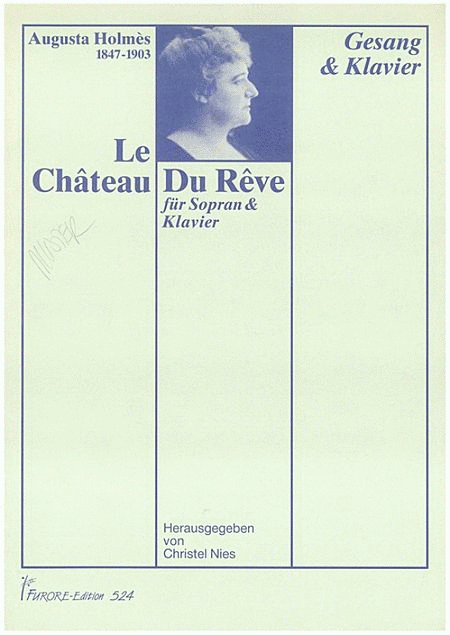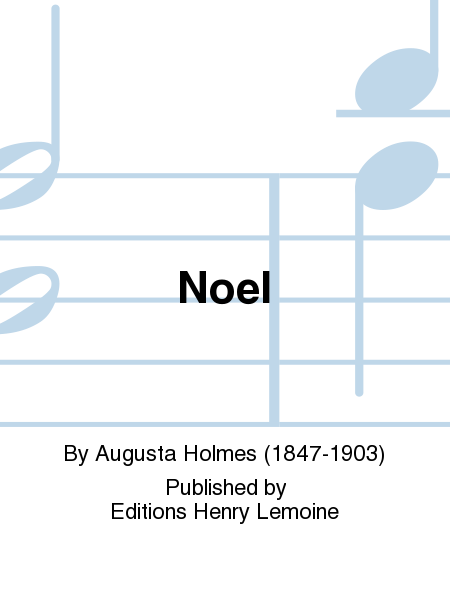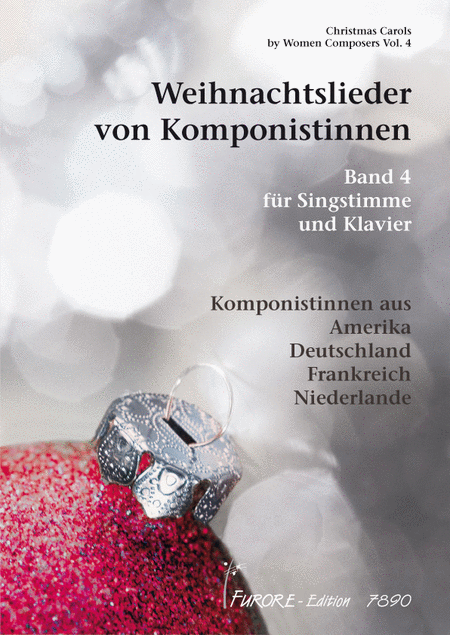Augusta Holmès
 France
France
Augusta Mary Anne Holmès (December 18, 1847 - January 28, 1903) was a French composer of Irish descent. At first she published under the pseudonym Hermann Zenta. In 1871, Holmès became a French citizen and added the accent to her last n ... (Read all)
Source : Wikipedia
 France
FranceAugusta Mary Anne Holmès (December 18, 1847 - January 28, 1903) was a French composer of Irish descent. At first she published under the pseudonym Hermann Zenta. In 1871, Holmès became a French citizen and added the accent to her last n ... (Read all)
Source : Wikipedia
Free sheet music of Augusta Holmès - We the People
1 sheets found sorted by:
Search
| |||||||||||||||||||||||||||||||||||













